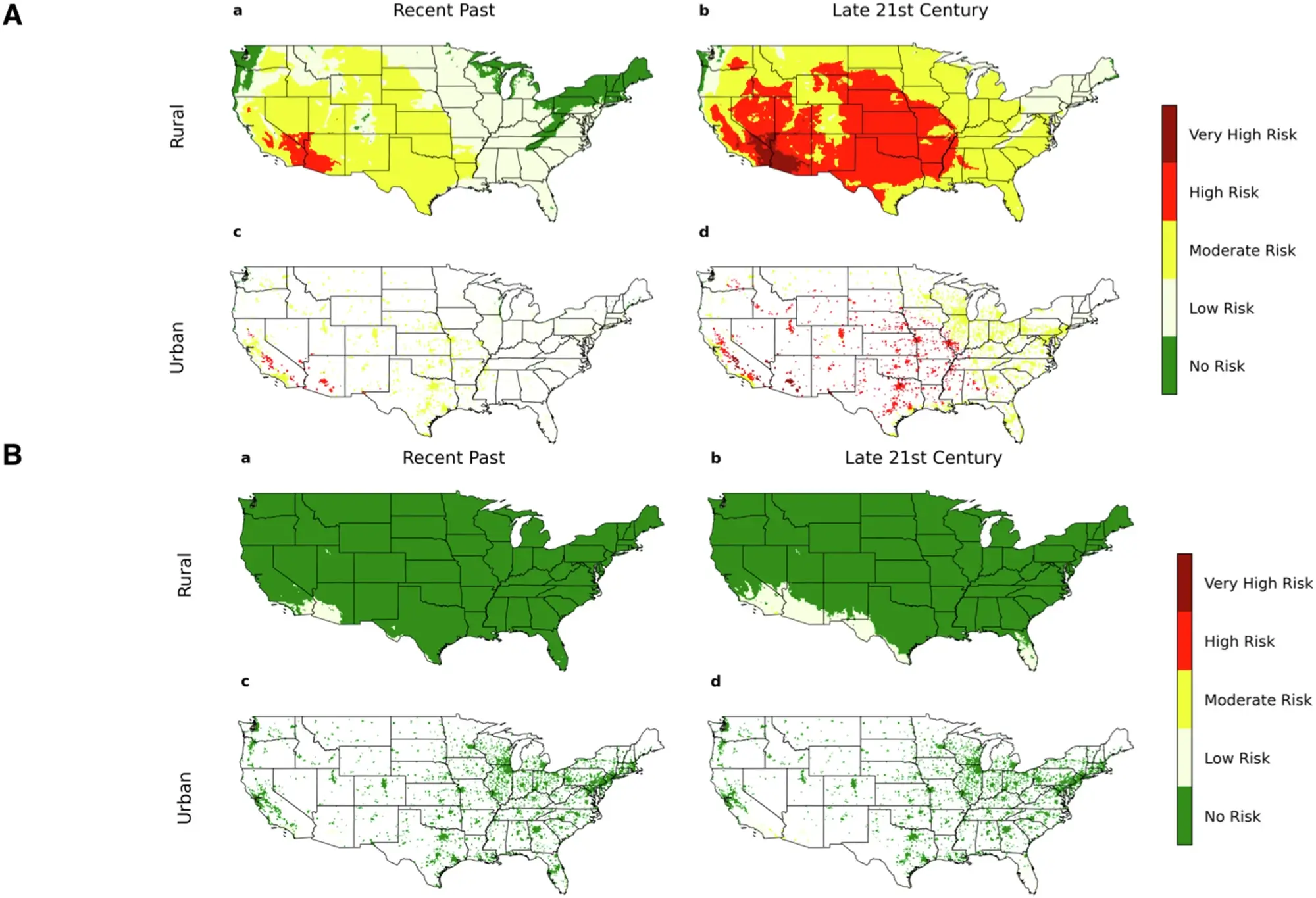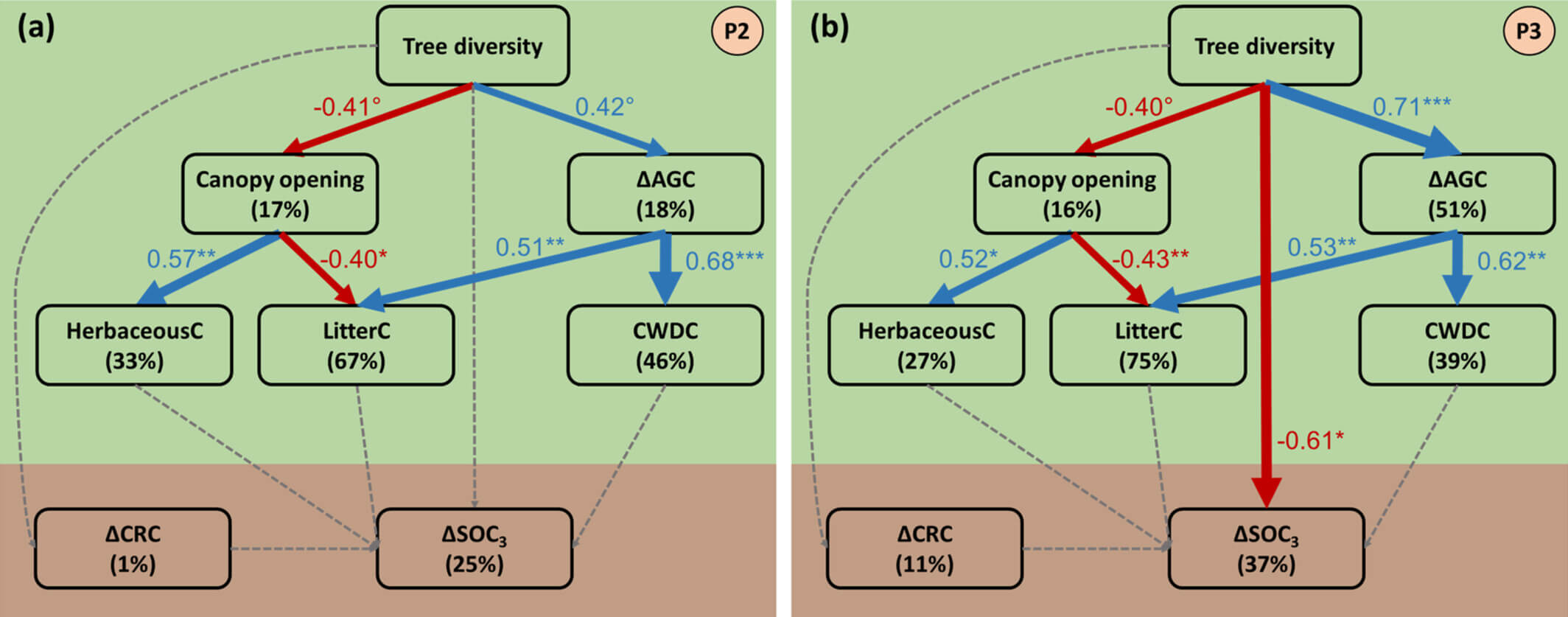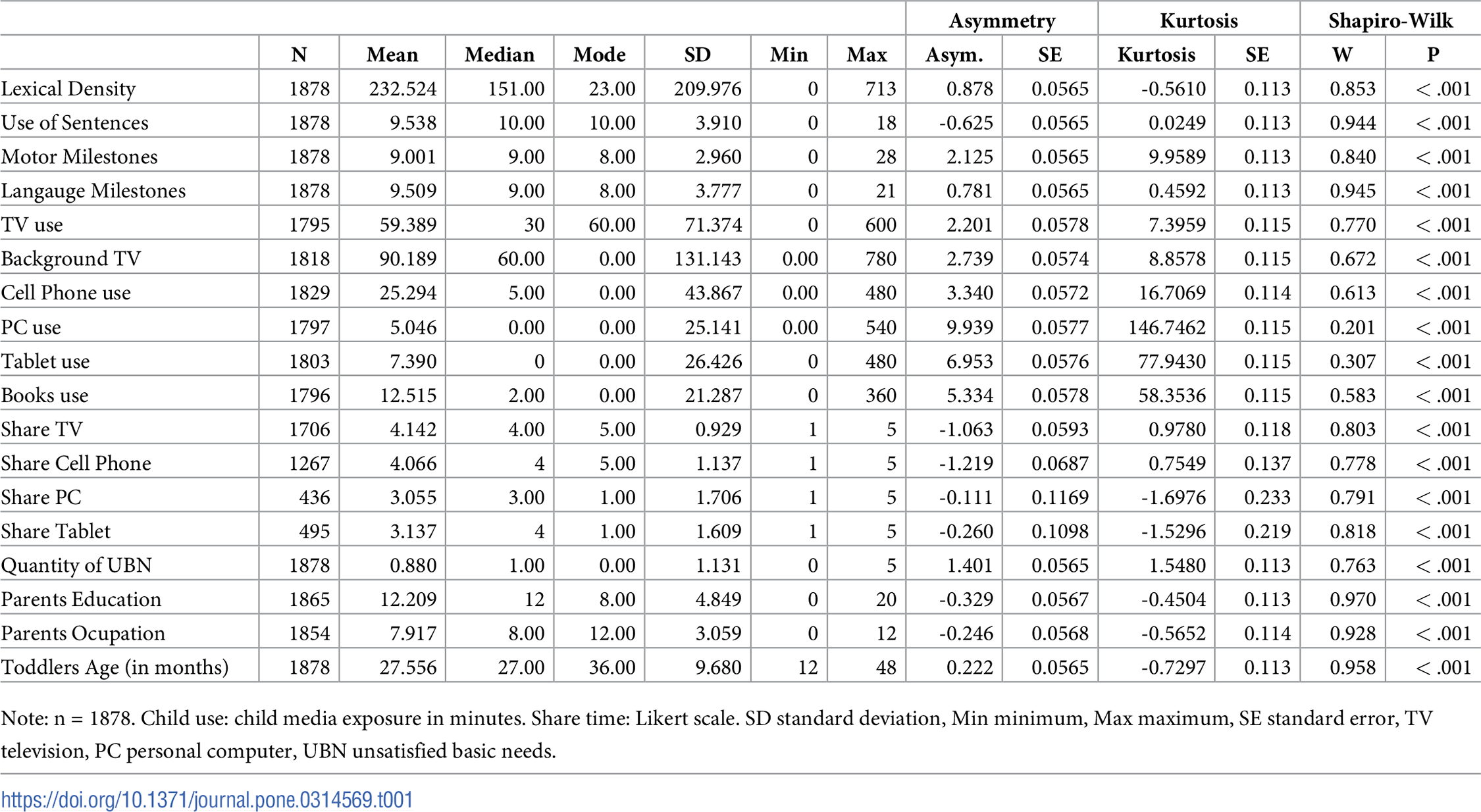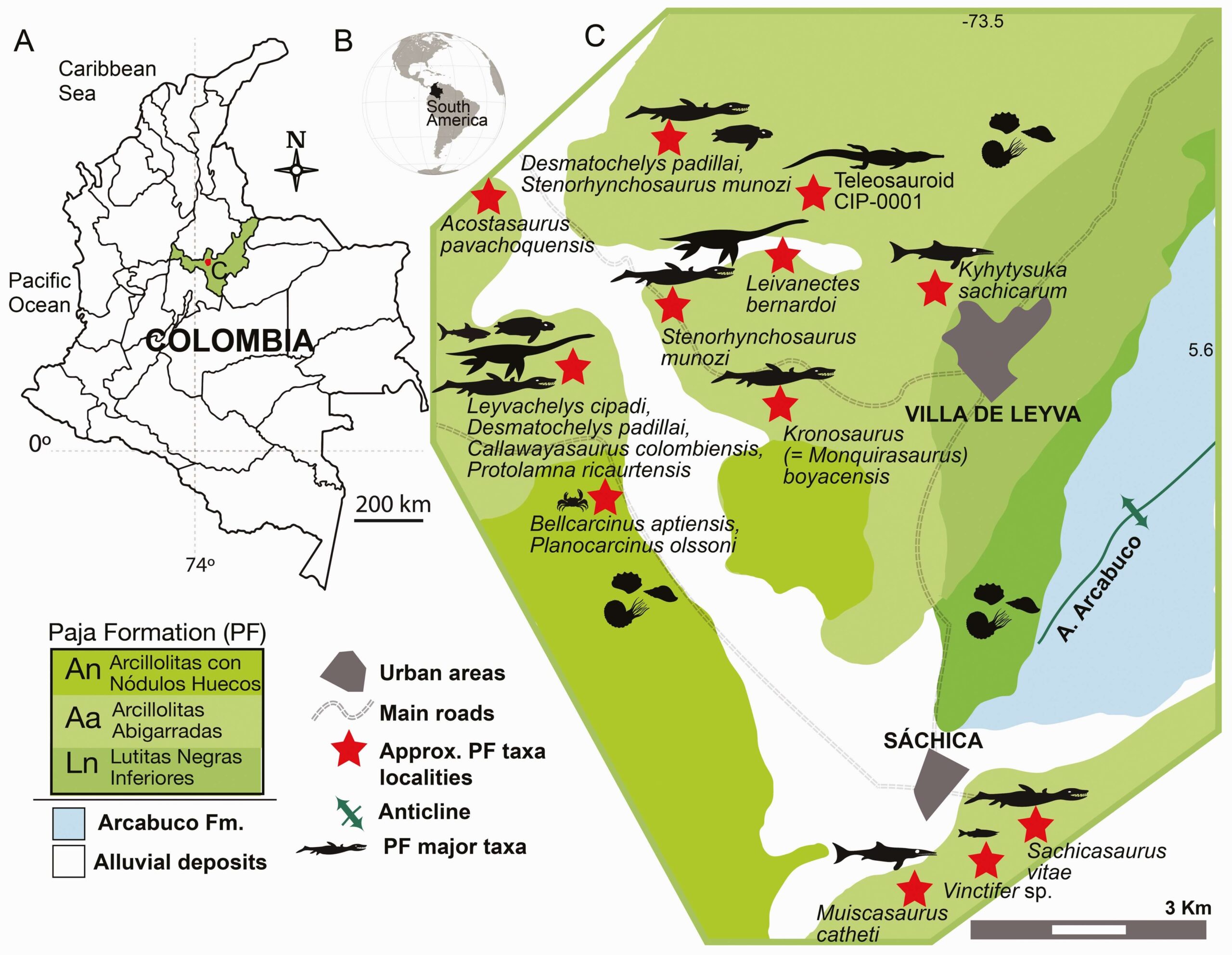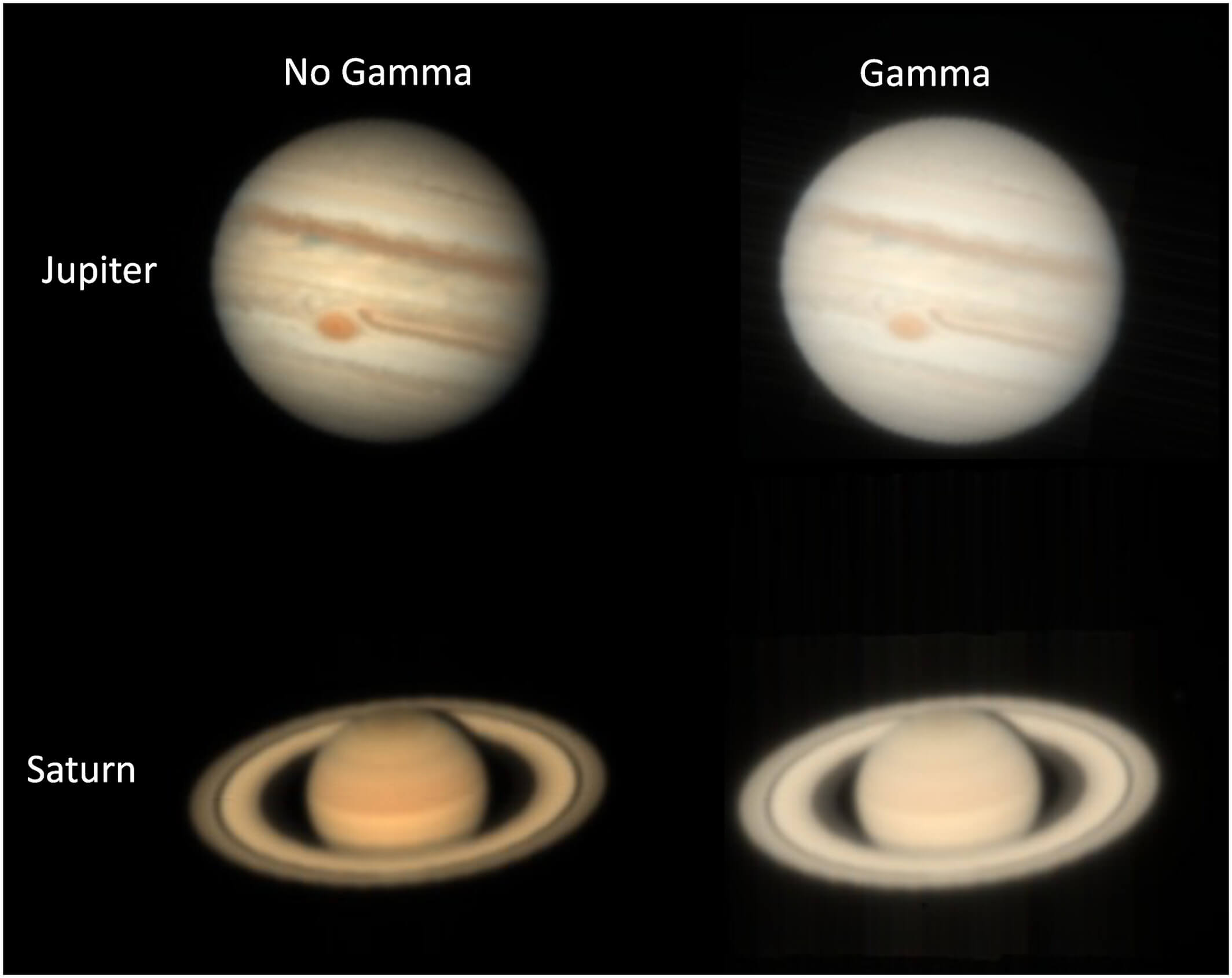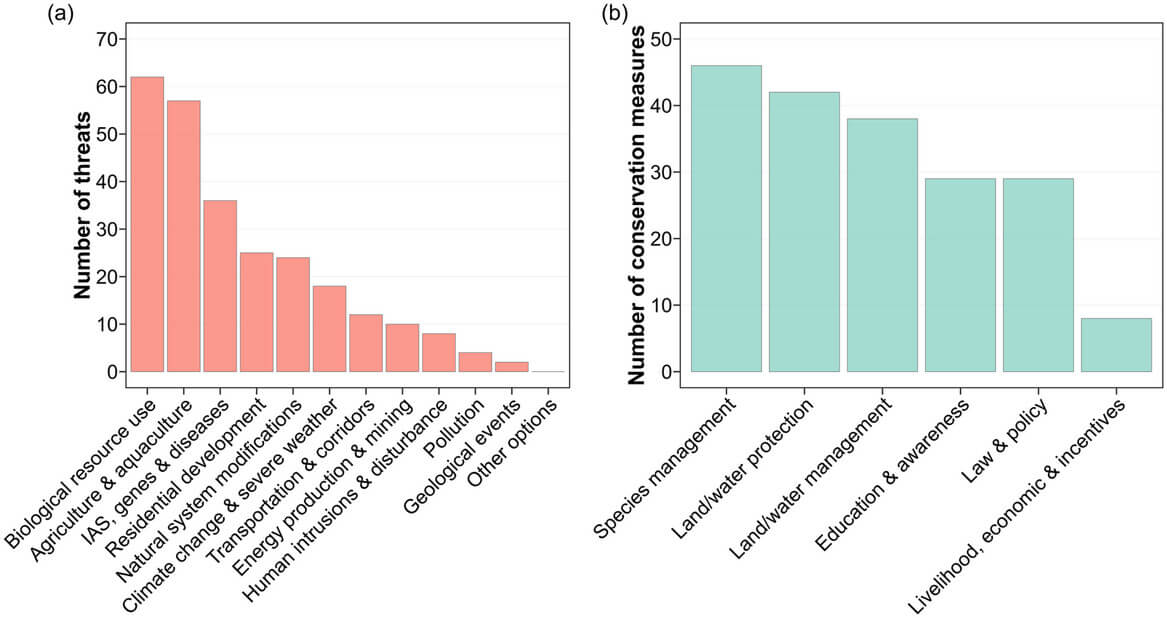
Imagine a scenario where a species threatened in its native homeland finds refuge in foreign lands. This surprising twist is the focus of a groundbreaking study that reveals how alien mammal populations might help save endangered species. Researchers are delving into the complex role of these non-native creatures, exploring whether they could be unexpected allies in the fight against extinction.
Across the globe, many mammalian species face the threat of extinction due to various factors like habitat loss and hunting. The study highlights an intriguing conservation twist—alien mammal populations, typically viewed as threats, could offer a lifeline. These non-native groups have established themselves in regions across eight different orders, with significant representation in Artiodactyla, Primates, and Diprotodontia. Intriguingly, these populations originate from human activities like hunting and agriculture, which have inadvertently created new homes for them.
The research showcases that 36 threatened mammals with alien populations have been identified, a number greater than previously recorded. By including these alien populations in assessments of global extinction risks, scientists found that these populations could reduce the risk for 22% of these species. Essentially, the presence of alien populations could change the conservation status of some species, offering them a buffer against extinction.
Alien mammals, such as the Barbary macaque, have shown resilience in foreign habitats, thriving in conditions that might be hostile to other species. This adaptability highlights the potential of these populations to act as “safety nets” for species facing rapid declines in their native territories. However, researchers caution that each case must be evaluated individually to avoid negative impacts on local biodiversity.
Related Posts
The implications of these findings extend beyond mere survival. Alien populations can serve as a reservoir for genetic diversity and may even fulfill ecological roles left vacant by extinct native species. This dual role creates a conservation conundrum: while these populations offer hope, they also pose potential ecological threats.
As researchers continue to explore the balance between conservation needs and ecological risks, the role of alien mammals in biodiversity preservation becomes increasingly significant. Their unexpected contribution to conservation efforts could redefine strategies for safeguarding endangered species globally.
In the words of the study’s authors, “This discovery provides a new perspective on managing global biodiversity. Alien mammals, often cast as villains, might just hold the key to preserving the world’s threatened species.” It seems that in the ever-changing landscape of conservation, the unexpected may indeed become heroes.
This study opens up new avenues for conservationists and ecologists to consider integrating alien populations into protective measures strategically. By harnessing the potential of these unexpected allies, we might find new hope for the world’s endangered species, ensuring their survival for generations to come.
Reference
Austrian Science Fund. Grant Numbers: 10.55776/I5825, 10.55776/P34688

